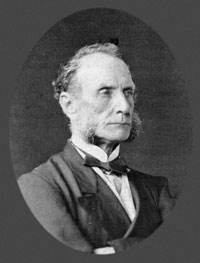O come, all ye faithful, joyful and triumphant,
Come ye, o come ye to Bethlehem.
Come and behold Him, born the King of angels!
O come, let us adore Him, Christ, the Lord.
Sing, choirs of angels, sing in exultation;
Sing, all ye citizens of Heaven above!
Glory to God in the highest!
O come, let us adore Him, Christ, the Lord.

Jesus to Thee be glory given.
Word of the Father, now in flesh appearing.
O come, let us adore Him, Christ, the Lord.
Although the origin of this carol is a little obscure, it is believed by historians to have been written by an Englishman, John Francis Wade, who wrote both the lyrics and the music in 1743. Since Wade was a Roman Catholic, he wrote the words in Latin, the only language used in his church at that time. We sometimes still hear the Latin words sung: “Adeste, fideles, laeti, triumphantes,” and Adeste, Fideles is the title given to the tune in the Salvation Army Tune Book.

Whenever we joyfully sing O Come, All Ye Faithful perhaps we can imagine how it would have sounded when sung in Latin, by English people, in a little French village more than 250 years ago.
WORDS AND MUSIC BY JOHN FRANCIS WADE
S.A. SONG BOOK # 85 SECTION: THE LORD JESUS CHRIST – BIRTH
REFERENCE: IAN HOWES, CELEBRATION MORNING







